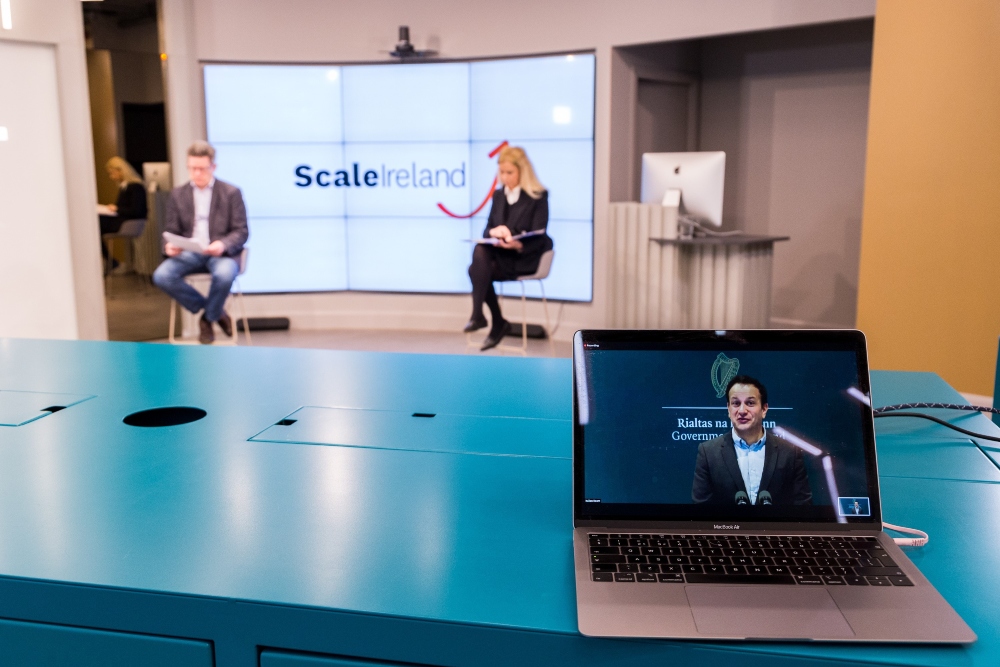More support needed for companies to encourage share ownership, says Irish ProShare Association.
While share ownership is on the rise, Irish employers and employees are still slow to embrace the general concept of employee share ownership, a report from PwC and the Irish ProShare Association (IPSA) indicates ahead of its annual conference today (21 September 2022).
They say more support is needed for SMEs and large companies to encourage share ownership.
“It is a ‘win-win’ for Irish businesses as share ownership would not only increase performance and productivity but is also a great way to attract and retain key talent”
Share ownership can improve productivity and, to alleviate current talent challenges, it is also an important tool for recruiting and retaining key staff,” says Marie Flynn, Pwc tax director and chair of IPSA.
“Ireland is lagging behind rival countries in share scheme offerings. All sizes of companies are being negatively impacted risking the loss of key talent. Being competitive is vital in this volatile and changing economy we find ourselves in and share equity is an important part of any compensation package to be able to maintain a competitive edge.”
“Barriers in Ireland to share ownership include a lack of suitable schemes available, the cost and administration of plan implementation, scepticism towards the benefits of employee share ownership, lack of employee finances and lack of institutional support and leadership from Government.”
Make KEEP for keepers
Flynn says a few small key changes to existing measures would make a significant difference to Ireland’s ability to compete internationally in its share scheme offerings.
She says there are fundamental flaws in the Key Employee Engagement Program (KEEP), which has a very low take-up.
For example, it is not generally available to groups of companies (i.e. companies with subsidiaries etc) and, with the amount of conditions that need to be met, it is complex and expensive to implement. In addition, further enhancements are needed to ensure that capital gains tax treatment on a sale can be applied in a wider range of situations to increase the availability of the scheme to, for example, family companies.
Save-As-You-Earn
For larger organisations the Save-As-You-Earn (SAYE) scheme is no longer viable for new schemes as there is no financial institution in the Irish market willing to hold such employee savings. Government needs to step in and designate or facilitate a bank or other savings carrier to operate the SAYE scheme.
Other items requiring small legislative changes to benefit small and large companies to bring Ireland into line with most other countries include removing the seven year time limit for exercising unapproved share options. This would facilitate companies being able to grant long term incentive options to employees at any price. Reducing the Benefit-in-Kind on employer loans to buy shares from the 13.5% rate to a market rate would also be welcome and would also bring Ireland into line with international competitors.
“The changes required to make these improvements are small and broadly cost neutral for the Government but would be very welcome to encourage more companies to offer shares to their employees and employees to invest in the businesses in which they work,” Flynn said
“It is a ‘win-win’ for Irish businesses as share ownership would not only increase performance and productivity but is also a great way to attract and retain key talent,” she concluded.






